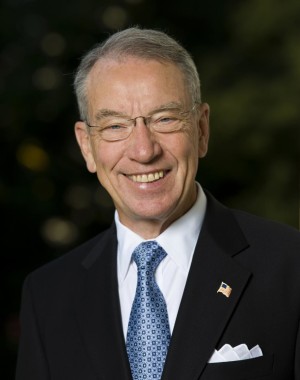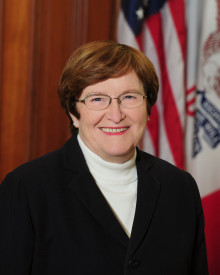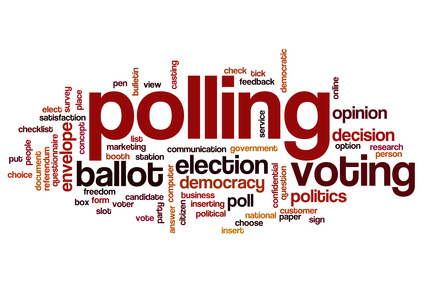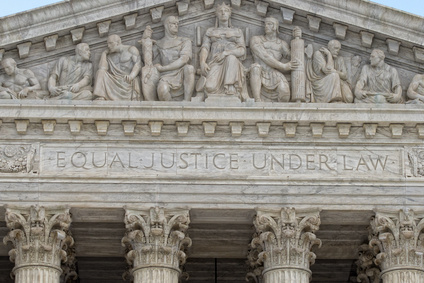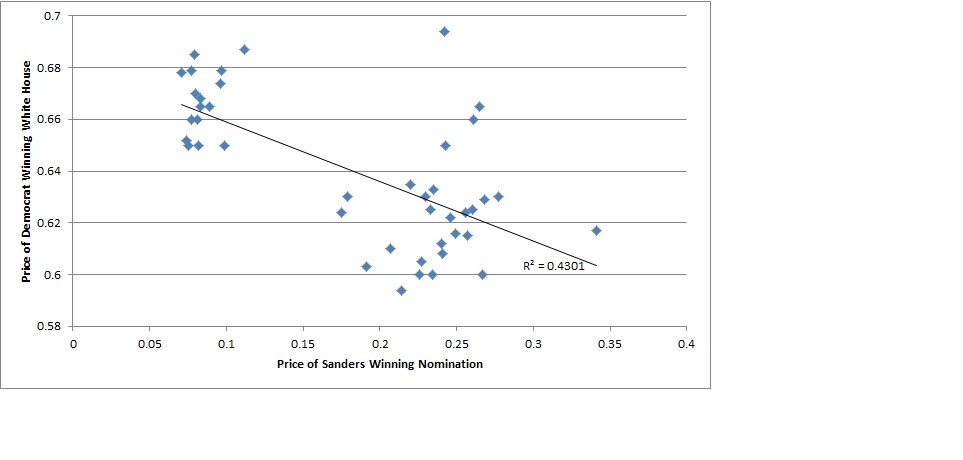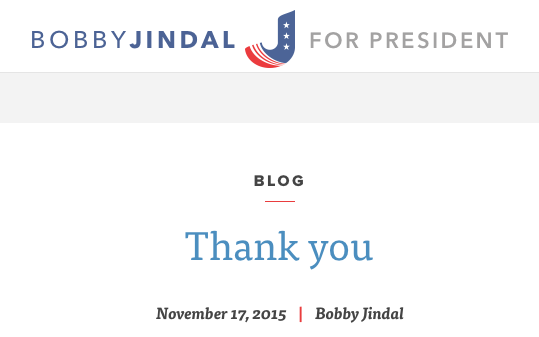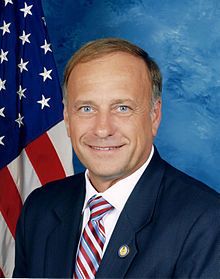Lots of votes remain to be counted from tonight’s primaries, but two losers are already clear.
Republicans are overwhelmingly rejecting Marco Rubio. To my mind, that’s a bigger story than Donald Trump winning the two biggest contests. In Mississippi, Trump won nearly half the vote, Ted Cruz won more than a third of the vote, and Rubio is down around 5 percent–in fourth place behind John Kasich. Trump won Michigan with more than a third of the vote, Kasich and Cruz are fighting for second place with about 25 percent each, while Rubio is unlikely to hit the 10 percent cutoff for delegates. As Taniel noted, Rubio missed statewide delegate cutoff thresholds in Alabama, Texas, Louisiana, Maine, and Vermont, and barely cleared them in Tennessee and Alaska.
Rubio and his surrogates continue to express confidence about winning the Florida primary a week from today, but the way he’s been hemorrhaging support, that scenario seems highly unlikely. Furthermore, Taniel observed, “Michigan & Mississippi (from which Rubio is probably being shut out) have as many delegates combined as Florida. Can’t all be about 1 state.”
On the Democratic side, Bernie Sanders trailed by double digits in every recent Michigan poll but is leading by 50 percent to 48 percent with about half the results in. Although Hillary Clinton may be able to win the state narrowly once all the votes from the Detroit area come in, pollsters need to ask themselves some tough questions. For instance, did they underestimate how many independents would vote in the open primary? CNN’s exit poll suggests Clinton won Michigan Democrats by double digits but Sanders is ahead by more than 40 percent among independents. Whatever the final results, Sanders will be encouraged going into next week’s contests.
Clinton won Mississippi in a rout, with nearly 83 percent to just 16 percent for Sanders, at this writing.
Any comments about the presidential race are welcome in this thread. Trump’s victory speech/press conference was one of his most absurd yet–more like an infomercial than a political event.
UPDATE: Referring to the Michigan Democratic primary, Harry Enten pointed out that the difference between winning or losing narrowly means little in terms of delegates awarded to Clinton and Sanders. Psychologically, a win is always better than a loss, though.
SECOND UPDATE: One key factor for Sanders in Michigan was cutting down Clinton’s margin with African-American voters. She is still winning the black vote, but “only” by about a 2 to 1 margin. Nate Silver pointed out that Michigan results have confounded pollsters before.
THIRD UPDATE: Shortly after 10:30 pm, the Associated Press called the Michigan primary for Sanders. With a little more than 90 percent of the votes counted, he leads by 50 percent to 48 percent. Clinton is still above 80 percent in Mississippi, which is remarkable, but the Michigan upset is clearly the bigger story on the Democratic side.
Cruz leads in the early returns from the Idaho primary (Democrats didn’t vote there today) and has edged in front of Kasich for second place in Michigan.
According to the Michigan Campaign Finance Network,
Here’s a run down of spending in support of each candidate in Michigan as of March 6:
Bernie Sanders, $3.5 million
Hillary Clinton, $2.6 million
Marco Rubio (Conservative Solutions Super PAC), $1.2 million
John Kasich (Kasich campaign, New Day For America Super PAC), $770,353
Donald Trump, $184,636
Ted Cruz, $1,112
Likely final delegate allocation from Michigan: 25 for Trump 25, 17 for Cruz and Kasich, zero for Rubio.
WEDNESDAY MORNING UPDATE: Many people on social media have shared anecdotes about Democrats in Michigan who crossed over to vote for Kasich, thinking (based on polls) Clinton would easily win the Democratic primary. Nate Silver called the Sanders win the biggest upset since Gary Hart winning the New Hampshire primary in 1984. However, Bleeding Heartland user fladem worked on that Hart campaign and showed why Silver is wrong.
Cruz won Idaho’s primary with 45.4 percent of the vote, to 28.1 percent for Trump, 15.9 percent for Rubio, and 7.4 percent for Kasich. Trump took the Hawaii caucuses with 42.4 percent, to 32.7 percent for Cruz, 13.1 percent for Rubio, and 10.6 percent for Kasich. Neither Rubio nor Kasich will win any delegates from Idaho or Hawaii.
Former presidential candidate Carly Fiorina endorsed Cruz at a rally in Miami on March 9.
I haven’t seen a definitive delegate count yet, but fladem and Taniel have both updated their tables.
On the Democratic side, Mark Murray calculates that Clinton now leads Sanders by 761 to 547 in pledged delegates and by 1193 to 569 when superdelegates are counted. The overwhelming majority of superdelegates (including in Iowa) have endorsed Clinton.
After the jump I’ve posted excerpts from three early attempts to explain why Sanders won Michigan.
Continue Reading...



